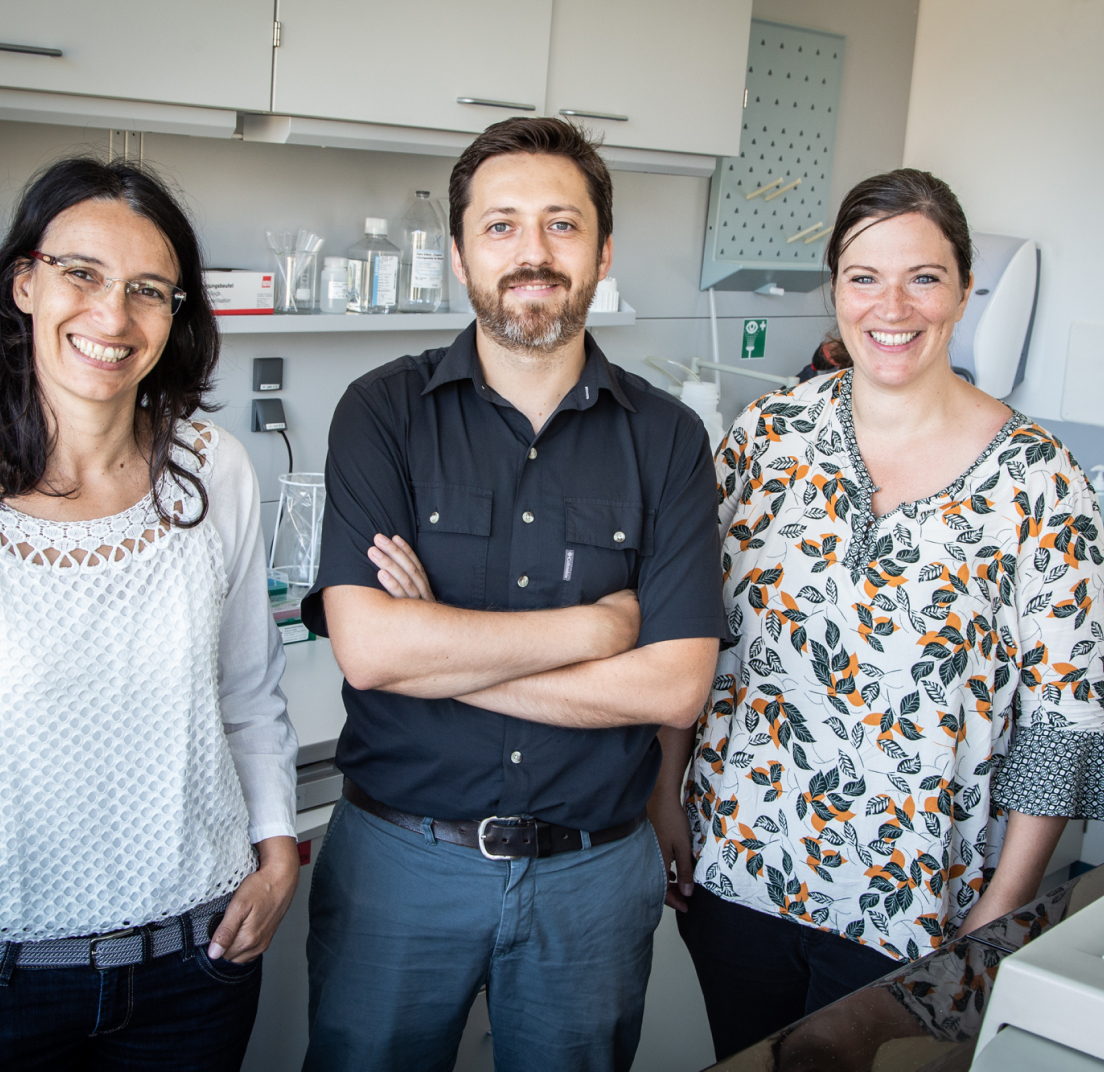“Cross-sectional study to assess the prevalence of APOE e4 alleles in patients with ME/CFS and the association with herpes virus infection”
PI: Hector Bonilla, MD
Stanford University
“Cross-sectional study to assess the prevalence of APOE e4 alleles in patients with ME/CFS and the association with herpes virus infection”
PI: Hector Bonilla, MD
Stanford University

Hector Bonilla (MD), Stanford University, will evaluate a large cohort of ME/CFS patients for variants of the APOE ε4 allele (a variant form of the APOE gene), which is a strong risk factor for Alzheimer’s Disease (AD). Dr. Bonilla hypothesizes APOE ε4 might be an underlying factor for overlapping clinical manifestations observed in ME/CFS and AD, including neurocognitive abnormalities. His research group also has preliminary findings that herpes simplex virus (HSV) type 1 infection in the sera of individuals with ME/CFS is related to severity of the disease. So, Dr. Bonilla will correlate the presence of the APOE genetic predisposition with both an exposure to HSV1 and the development of ME/CFS. Dr. Joachim Hallmayer (MD), Stanford University, an expert in the genetics of autism, will oversee patient recruitment and sample collection.
Major Ramsay goals fulfilled:
✓ Bringing new researchers into the field. The Ramsay Awards enabled Dr. Hector Bonilla, an experienced investigator, to initiate original research into ME/CFS.
Read the research team’s study abstract below:
Cognitive impairment also called “brain fog” is present in up to 85% of the patients with ME/CFS; for some patients, it is the most debilitating symptom. The cognitive impairments occur in the domains of attention, Information processing, memory, and reaction time, functions restricted in the limbic system (LS). Besides ME/CFS, HSV1 encephalitis, Alzheimer’s dementia (AD) and limbic encephalitis (LE) also affect the same areas of the brain. Recent findings from our group, demonstrated HSV1 and CMV Infection are associated with severe ME/CFS. In addition, HSV1 is also correlated with encephalitis, AD, and LE.Furthermore, the APOE ε4 allele is the stronger genetic marker associated with the AD. APOE ε4 allele and the HSV1 infection are the most prevalent risk factors for the development of late-onset AD.
The overlapping in clinical manifestations, imaging studies, HSV1 Infection and histopathological changes between ME/CFS and AD, raise the probability of the APOE ε4 alleles as a connector between ME/CFS and AD.
A cross-sectional, IRB approved study with 300 patients enrolled (150 adults with ME/CFS and 150 no ME/CFS controls) will be completed at Stanford University. The participants will be enrolled from the Stanford ME/CFS clinic. We will collect, demographics, clinical and laboratory data, and MFl-20 score, as a determinant of severity of Illness.
Blood draw samples for analysis and determination of APOE genes (ε2, ε3, and ε4). The aims of this study will include:



350 N Glendale Ave.
Suite B #368
Glendale, CA 91206
SolveCFS@SolveCFS.org
704-364-0016
| Cookie | Duration | Description |
|---|---|---|
| cookielawinfo-checkbox-analytics | 11 months | This cookie is set by GDPR Cookie Consent plugin. The cookie is used to store the user consent for the cookies in the category "Analytics". |
| cookielawinfo-checkbox-functional | 11 months | The cookie is set by GDPR cookie consent to record the user consent for the cookies in the category "Functional". |
| cookielawinfo-checkbox-necessary | 11 months | This cookie is set by GDPR Cookie Consent plugin. The cookies is used to store the user consent for the cookies in the category "Necessary". |
| cookielawinfo-checkbox-others | 11 months | This cookie is set by GDPR Cookie Consent plugin. The cookie is used to store the user consent for the cookies in the category "Other. |
| cookielawinfo-checkbox-performance | 11 months | This cookie is set by GDPR Cookie Consent plugin. The cookie is used to store the user consent for the cookies in the category "Performance". |
| viewed_cookie_policy | 11 months | The cookie is set by the GDPR Cookie Consent plugin and is used to store whether or not user has consented to the use of cookies. It does not store any personal data. |
Please let us know more about you.
Please let us know more about you.
Please let us know more about you.
Please let us know more about you.